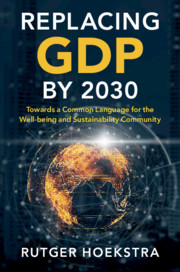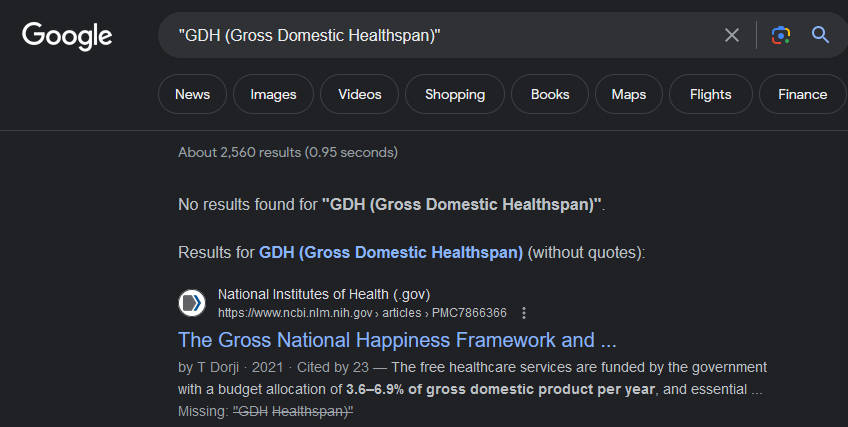
People are also trading
I doubt the seriousness of any metric that is called "gross domestic X" without a clear reason, just to piggyback on the well-defined notion of GDP.
Like, what is the net version of this "GDH" thing? One could in principle calculate net domestic product. What is its non-domestic version? We do always calculate gross national product.
If it needs marketing gimmicks like being named something nonsensical but familiar, it's probably not a good metric.
Looks like "wellbeing" may be the name of the game in the race to replace GDP: https://www.cambridge.org/nl/academic/subjects/economics/economic-development-and-growth/replacing-gdp-2030-towards-common-language-well-being-and-sustainability-community
@RobertCousineau Healthspan alone is not super well-defined today, so I would interpret GDH as the population aggregate of the amount of time each person spends in good health. (Something like Time * Quality, perhaps.) However, as a universal standardized measurement, it could fall into the usual overly-utilitarian pitfalls, which could have significant downsides, both easily foreseeable and less so.
Further reading at: https://www.ncbi.nlm.nih.gov/pmc/articles/PMC6136295/
> "one common definition is that healthspan is the period of life spent in good health, free from the chronic diseases and disabilities of aging"
@cloudprism sounds good, the calculation was what I was looking for :) Do you have a plan for measuring relevance/attention/importance?
@RobertCousineau Something like a downtrend in references to GDP correlated to an uptrend in references to GDH across news articles, professional presentations, and academic publications. (Assuming we still have those in 2050.)

